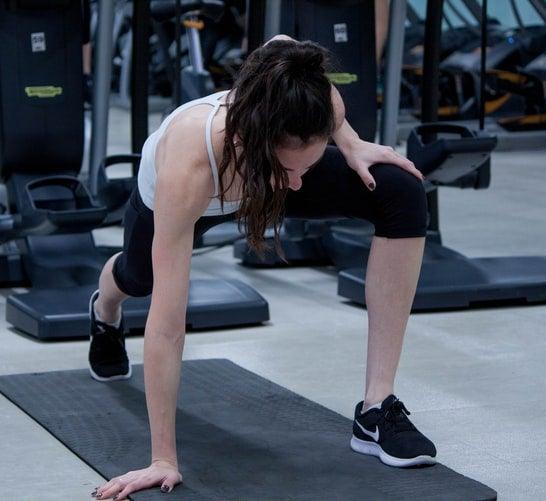When you're pregnant, your body has an important job to do for 9 months. So if you're planning to have a baby soon, take some simple steps now to get ready for a healthy baby.
Get to a Healthy Weight
If you're overweight or underweight, it may be harder to get pregnant. Your weight affects whether your ovaries will release an egg, or ovulate, each month. Extra pounds also make you more likely to have certain health problems during pregnancy, like gestational diabetes or preeclampsia, a type of high blood pressure.
You could get pregnant more easily if you lose or gain weight before you start trying for a baby. Eat healthy foods and exercise regularly. If you're very overweight, don't worry about trying to slim down to half your size. Shedding even a few pounds will help.
Take Vitamins
It's important to start taking prenatal vitamins before you get pregnant. Why? Because you probably won't find out you're pregnant until you miss a period. That's weeks after your baby starts to grow. If you wait that long to take vitamins, you may miss out on important protection.
Take at least 400 micrograms of folic acid daily. It helps prevent birth defects in your baby's brain and spine. Prenatal vitamins also have iron, which is good for both of you. It helps your baby's muscles grow and helps you avoid anemia, when your body has too few red blood cells. Calcium is key for mother and child's bones, muscles, nerves, and heart.
Before you start taking any supplements, though, ask your doctor which ones and how much are right for you.
Think About Chemicals
Some of them, like pesticides, solvents, and fertilizers, can make it harder for you to get pregnant or could harm your baby after you conceive. Give some thought to which ones might be around you at home and at work. Talk to your doctor about what's safe and what you should avoid. If your job involves being near something risky, like radiation, mercury, or lead, ask your employer how you can protect yourself, or see if you can change your duties.
Before you start taking any supplements, though, ask your doctor which ones and how much are right for you.
Think About Chemicals
Some of them, like pesticides, solvents, and fertilizers, can make it harder for you to get pregnant or could harm your baby after you conceive. Give some thought to which ones might be around you at home and at work. Talk to your doctor about what's safe and what you should avoid. If your job involves being near something risky, like radiation, mercury, or lead, ask your employer how you can protect yourself, or see if you can change your duties.
See Your Doctor
Your OB/GYN will make sure you're in good shape and talk to you about any health conditions you have and which medicines you take. You'll also discuss your diet, exercise, and other habits. They'll prescribe prenatal vitamins and make sure you're up to date on your vaccines.
If you have a health condition like high blood pressure, depression, diabetes, or a seizure disorder, see your doctor and let them know that you plan to get pregnant. They might tell you to get your health under control before you try to have a baby. If you take medications, they might suggest you switch to a drug that's safe for moms-to-be. But don't stop taking your meds without your doctor's OK.
Quit Bad Habits
Tobacco, alcohol, marijuana, and other drugs can cause birth defects and other serious health problems, so stop using them before you try to conceive. You could risk harming your baby before you even know you're pregnant.
If you need help to quit smoking or drinking, talk to your doctor. There are programs that can make it a little easier.
Source: https://www.webmd.com/baby/body-baby-ready#1










